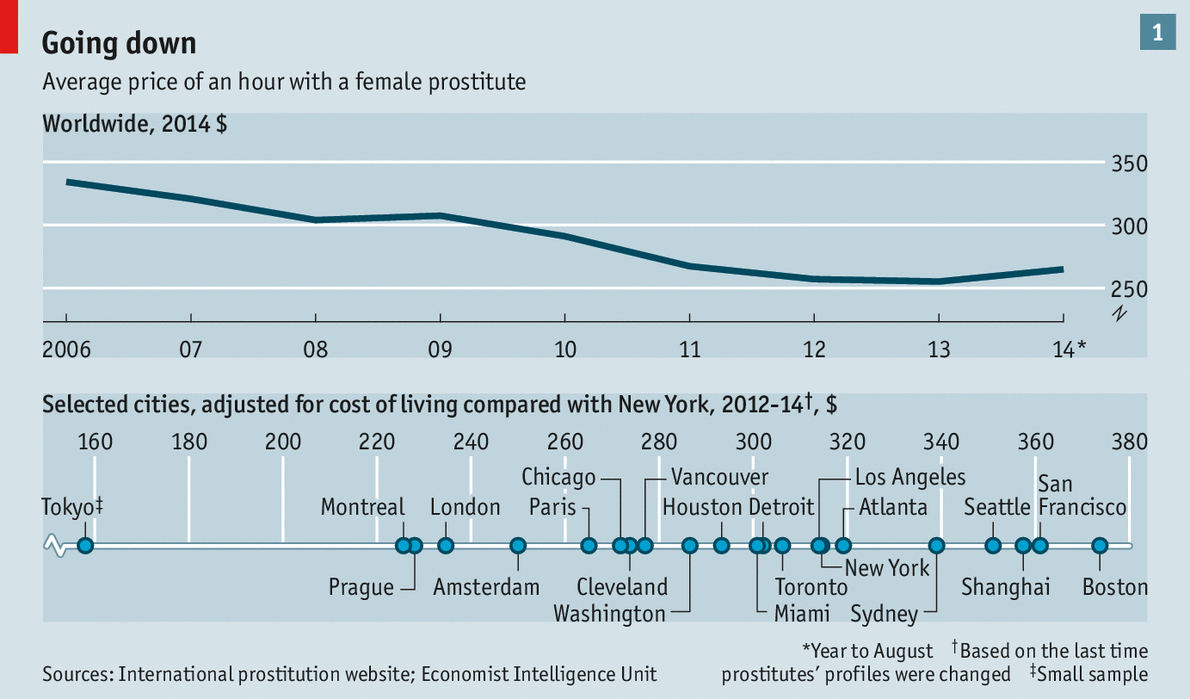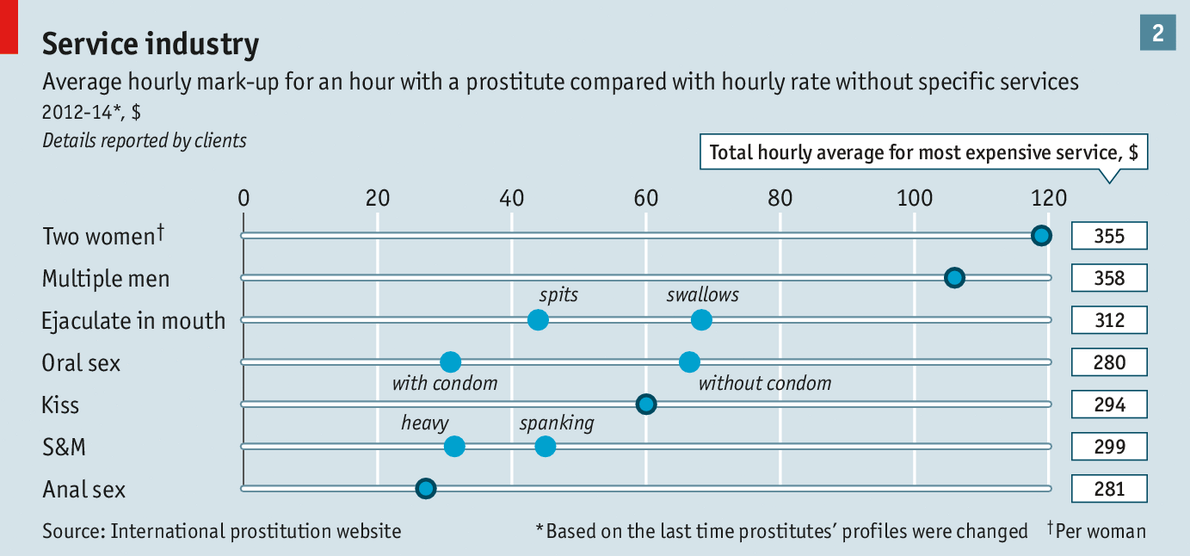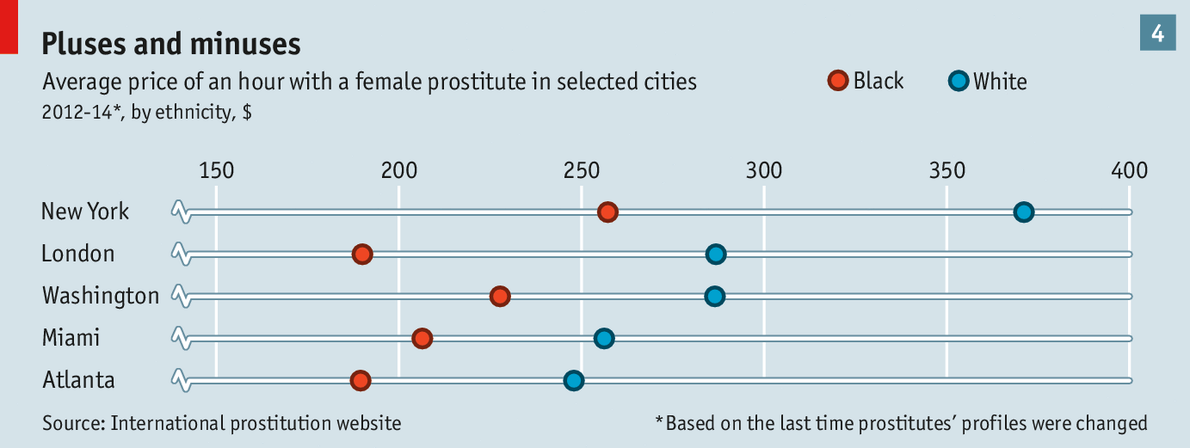Write4U
Valued Senior Member
Not really. The Etp model uses the average efficiency of internal combustion engines to calculate the maximum oil price curve.
And what is that average combusion engine work efficiency, say, between a battleship and a million lawn mowers? In order to come to any average, two dynamics must be known. The TOTAL number of combustion engines (each properly classified by efficiency) and the TOTAL consumption of oil. When a battle ship leaves port, should we stop mowing our lawns?
Which clearly seems to go up as the costs of finding, extraction, processing, and transportation increases. Am I correct?No. The Etp model forecasts the price of a barrel of oil. ---Futilitist
If so, how on earth can anyone arrive at the conclusion that the price of gas at the pump will go down ? I can understand that "as prices go up" there will be less consumption. of oil, which will only extend the exhaustion of available oil for a very short time and be reflected in the ETP statistics. But that does not solve anything!
But the concept of "strength through exhaustion" (drill, baby, drill), is obviously not the answer.
At some point, oil will no longer be available for commercial use at all, at any price, for any reason, ETP be damned. There will come a point where the entire source of energy supply will undergo a total paradigm shift. This has already started with hybrid engines, but as long as oil (a FINITE source) is THE driving force of the nation's energy supply, the economy is in grave danger of total collapse (in the near future).
I understand the desire to find that specific time of "end of oil", but IMO, it is an exercise in futility. To be able to predict something from happenening, will not prevent it from happening. Moreover, none of the illustrations account for global natural disasters, which may require diversion of oil energy for "clean up" insread of productive (profitable)work.
The QUESTION is, will we be ready for such a paradigm shift or will the economy collapse back to "coal", amd when that runs out, back to "gas", and when that runs out, back to "wood"? Nuclear power seems a viable alternative, but we all know the consequences when something goes wrong with that.
When are we going to get serious about this looming global calamity instead of continuing reliance on (finite) natural resources? We are running out of time folks.
Has anyone asked the question how long it will take and the economic impact of switching an entire oil driven economy to an adequate replacement system? 20-30-40-50 years? or "overnight"?




